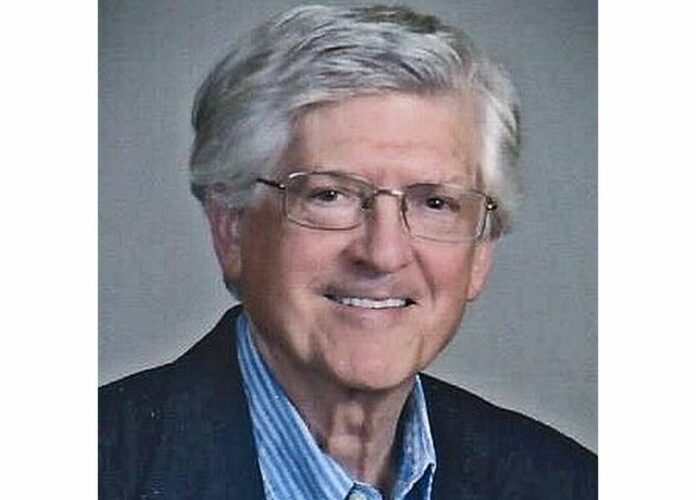After touring the U.S. east of the Mississippi, French aristocrat Alexis de Tocqueville wrote “Democracy in America,” an examination of our national character. Equality of conditions was his central theme. So different from aristocratic Europe, middling Americans wore the same clothes, spoke same language, practiced the same habits, and enjoyed the same pleasures.
What concerned him were the similarities of feeling, beliefs, ideas and habits of the heart, so much so that he feared a tyranny of consensus, a “tyranny of the majority”: “I know of no other country in the world where there is so little independence of mind and real freedom of discussion.”
Two centuries later we worry about “tyranny of the minority,” for counter-majoritarian institutions abound. In presidential elections the Electoral College works to the advantage of a political party that has lost the popular vote in all but one of the last eight presidential elections. The Senate is represented by two senators from each state, yet based on the disproportionate representation of small states, that means that Wyoming’s less than 600,000 population enjoys the same political power as people in California’s 39,000,000 population.
In the states, due to gerrymandering, one party may receive 45 percent of the vote statewide, yet win 60 percent of the congressional seats. One consequence is that policies which enjoy majority public support can hardly surmount opposition in national and state legislatures.
Earlier this month Harvard government professors Steven Levitsky and Daniel Ziblatt published their new book “Tyranny of the Minority: Why American Democracy Reached the Breaking Point.” They’ve examined Western democracies and are at pains to understand why American democracy has been eroding so fast. All Western democracies experience extremist fringe elements, but only here has a defeated leader actually led an insurrection to overturn an election.
In making sense of this, Levitsky and Ziblatt focus on the institutional route of laws and policies. They are careful to note that democracies do need rules limiting the power of majorities. Civil rights, voting rights, freedom of expression, and how we worship, for example, are sacrosanct, not subject to the whim of whatever political party holds temporary power.
Because electoral competition is necessary, they argue, certain straightforward reforms – respectful of freedom – have become necessary. The right to vote, a core element, of modern democracies must be upheld. So make it easier to vote. Establish automatic registration for citizens upon turning 18 and expand early voting in all states.
Levitsky and Ziblatt recommend abolishing the anti-democratic Senate filibuster. It was never a part of the Constitution, but grew in the 20th century enabling a minority of senators to talk a bill to death, thereby blocking legislation that a majority of Americans support. Make it easier to amend the Constitution; maintain two-thirds supermajorities in both houses, as other democracies do, but eliminate the high requirement that three-quarters of state legislatures must ratify proposed amendments.
As to the Electoral College, in no other presidential democracy may losers of the popular vote be considered the winner. However, in drawing up the U.S. Constitution, after alternatives to electing a president failed to win consensus support, the founders deemed it necessary to provide advantages both to small states and to southern slave states.
Half a century ago, the outdated Electoral College was very nearly abolished; the U.S. House approved a constitutional amendment to the indirect voting system, but was filibustered to death in the Senate. Since then it’s become a partisan football and gone nowhere.
What we really want, Levitsky notes, is “two parties fighting over votes, trying to win fair and square … not trying to suppress the vote and not trying to overturn elections but fighting over things like climate change, gun control, and immigration.” The petty, unyielding politics of today impede serious negotiations.
The fear is that this situation may last a long while. But in the short term, Ziblatt emphasizes, “Voting is critical. And specifically not voting for people who break democratic norms.”
Ron Lora, a native of Bluffton, is professor emeritus of history at the University of Toledo. Contact him at [email protected]. His column does not necessarily reflect the opinion of The Lima News editorial board or AIM Media, owner of the newspaper.







